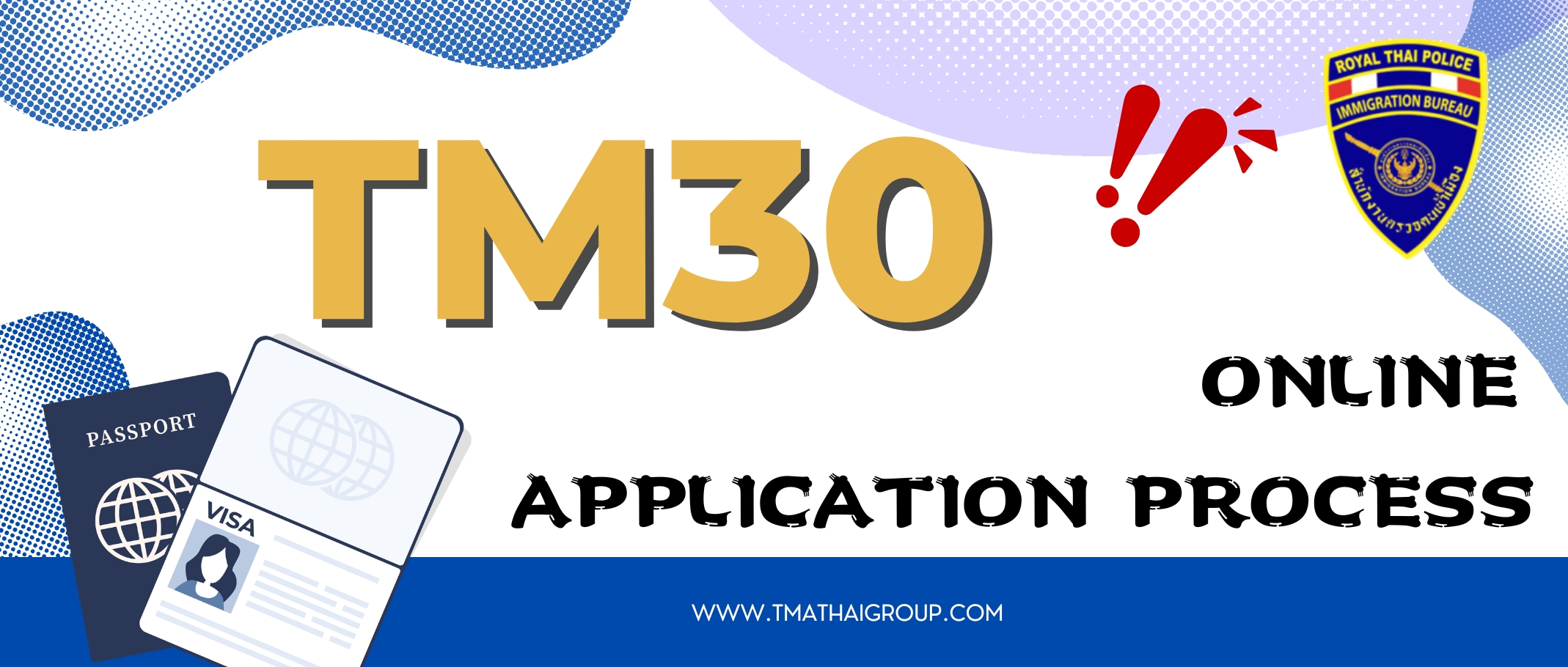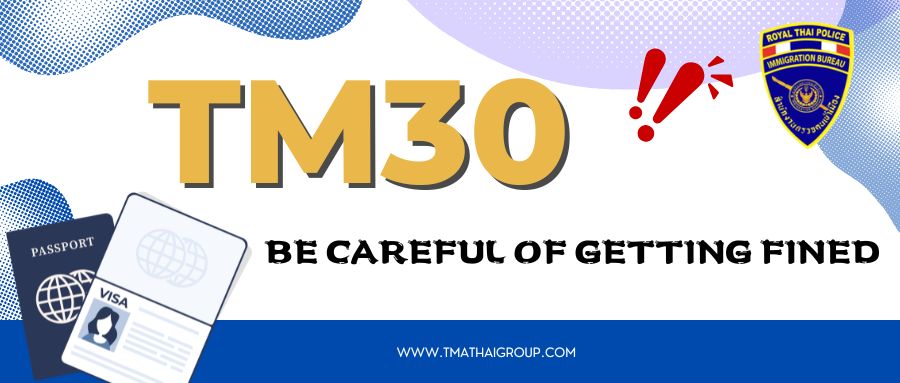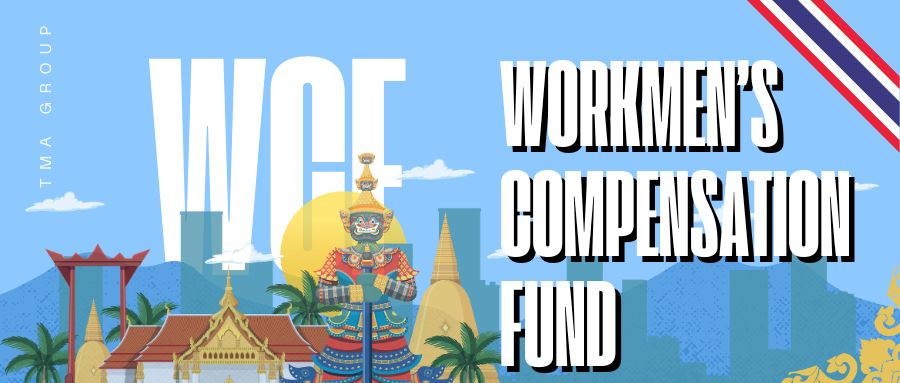Customs Duty Relief and Exemption Measures in Thailand
About TMA Group
TMA Group is a professional company focusing on local recruitment and corporate consulting in Thailand, dedicated to providing one-stop services including recruitment, financial management, tax disposal, legal consulting, personnel management, etc. for enterprises and individuals. If you need more advice on investment in Thailand, please feel free to contact us.
Customs Duty Relief and Exemption Measures in Thailand
Thailand provides various customs duty relief and exemption measures to support trade, encourage investment, and promote specific industries. These measures can help reduce or eliminate import duties under certain conditions, including trade agreements, investment incentives, and special economic zones.
1. Free Trade Agreements (FTAs)
Thailand has signed multiple Free Trade Agreements (FTAs) with various countries and regional groups. These agreements typically offer duty reductions or exemptions on qualifying goods traded between the parties. Some key FTAs include:
a. ASEAN Free Trade Area (AFTA)
Benefits: Under AFTA, ASEAN member countries benefit from preferential tariff rates, including 0% duty for most goods traded within ASEAN.
Eligibility: Goods must meet the Rules of Origin (ROO) criteria to qualify for preferential treatment. This usually involves a significant portion of the product being sourced from ASEAN countries.
b. ASEAN-China Free Trade Area (ACFTA)
Benefits: Goods originating from China can enjoy preferential duty rates, including zero duties for many products.
Eligibility: Products must meet the ROO and originate in China.
c. Japan-Thailand Economic Partnership Agreement (JTEPA)
Benefits: This agreement offers reduced or zero customs duties on goods traded between Japan and Thailand, particularly electronics, machinery, and auto parts.
Eligibility: Goods must comply with origin criteria outlined in the agreement.
d. Thailand-Australia Free Trade Agreement (TAFTA)
Benefits: Under TAFTA, goods from Australia (such as agricultural products, wine, and certain manufactured goods) can be imported into Thailand with lower or zero duties.
Eligibility: Products must meet the ROO requirements specified by the agreement.
e. Thailand-India Free Trade Agreement (AIFTA)
Benefits: This agreement provides duty reductions or exemptions for specific goods, such as textiles, chemicals, and agricultural products from India.
Eligibility: Products must meet ROO requirements to qualify for preferential treatment.
2. Board of Investment (BOI) Incentives
The Board of Investment (BOI) in Thailand offers significant tax and duty incentives to attract both foreign and domestic investment. These incentives are particularly valuable for businesses involved in high-tech industries, research and development, and export-oriented activities.
a. Duty Exemptions
Machinery and Equipment: Imported machinery and equipment used in BOI-promoted projects are eligible for full customs duty exemptions. This applies to equipment necessary for the production of goods or services.
Raw Materials for Export: Raw materials that will be used for the production of goods that are exported out of Thailand are exempt from customs duties.
Other BOI Incentives:
Certain industrial and agricultural goods imported for specific business activities may also benefit from duty exemptions or reduced rates.
b. Investment Promotion Certificates
To benefit from the BOI's customs duty exemptions, businesses must obtain an Investment Promotion Certificate from the BOI. The certificate outlines the eligible activities and specific duty exemptions granted.
3. Special Economic Zones (SEZs) and Free Trade Zones (FTZs)
Thailand has established several Special Economic Zones (SEZs) and Free Trade Zones (FTZs) to encourage investment, trade, and industrial development.
a. Free Trade Zones (FTZs)
Goods imported into FTZs for storage, processing, or assembly and intended for re-export are generally exempt from customs duties. Once processed or assembled, goods can be exported without paying any duties. The exemption is contingent on the re-export of the goods outside of Thailand.
b. Special Economic Zones (SEZs)
Thailand has designated specific areas as Special Economic Zones (SEZs), where businesses involved in manufacturing or processing are eligible for duty exemptions or reductions on raw materials and machinery. These zones are located in specific border regions and are aimed at attracting investment and boosting regional economic development.
4. Temporary Importation Exemption
Certain goods may be imported into Thailand temporarily without being subject to customs duties under the following conditions:
a. Temporary Imports for Re-export
Goods imported for temporary use in Thailand, such as for exhibitions, trade shows, or construction projects, can be exempt from customs duties if they are re-exported within a certain timeframe (typically within 6-12 months).
Examples: Equipment for exhibitions, machinery for construction projects, or goods for scientific research.
b. Carnet ATA
A Carnet ATA allows the temporary importation of goods such as professional equipment, commercial samples, and goods for display at exhibitions. With a Carnet ATA, these goods can be temporarily brought into Thailand without customs duties, provided they are re-exported within a set period.
5. Duty Exemptions for Specific Industries
Thailand offers customs duty exemptions for certain industries and activities, particularly those aligned with the government’s development priorities.
a. Agricultural and Food Industries
Agricultural machinery and equipment imported for use in agricultural production may be eligible for duty exemptions.
Agricultural products and raw materials that will be processed for export may also benefit from customs duty exemptions.
b. Research and Development (R&D)
R&D-related equipment and materials imported for research purposes may be exempt from customs duties, provided the activities meet specific government objectives (such as innovation or technology transfer).
6. Personal Exemptions
Individuals may benefit from personal exemptions when importing personal goods into Thailand. The following exemptions apply:
Personal Goods: Personal belongings, such as clothing and household items, may be duty-free when imported for personal use and within certain value limits.
Gifts: Gifts valued up to 1,500 THB may be exempt from customs duties if they are sent by mail or courier.
7. Customs Duty Exemption for Charitable and Non-Profit Organizations
Certain non-profit organizations, such as those involved in humanitarian or educational activities, may be eligible for duty exemptions on goods imported for charitable purposes. These organizations must apply to the Customs Department for exemption consideration.
8. Administrative Procedures for Duty Exemption
To apply for customs duty exemptions, businesses and individuals must follow specific procedures, which typically include:
Filing a Request: Submit an application with the relevant documents to the Customs Department or the BOI (if applicable).
Documentation: Provide proof of eligibility, such as certificates of origin, investment promotion certificates, or proof of re-export.
Customs Review: Customs will review the application and supporting documents to ensure compliance with regulations.
Conclusion
Thailand offers several customs duty relief and exemption measures to promote trade, investment, and specific industries. By leveraging FTAs, BOI incentives, special zones, and temporary importation exemptions, businesses can significantly reduce their customs duties and lower operational costs.
If you have more specific questions or need assistance with duty exemptions for your business, feel free to ask!
TMA Consulting Management has been paying attention to the updating of information through newsletters for many years, but we do not assume any responsibility for the completeness, correctness or quality of the information provided. No information contained in this article can replace the personal consultation provided by a qualified lawyer. Therefore, we do not assume any liability for damages caused by the use or non-use of any information in this article (including any kind of incomplete or incorrect information that may exist), unless it is caused intentionally or by gross negligence.














